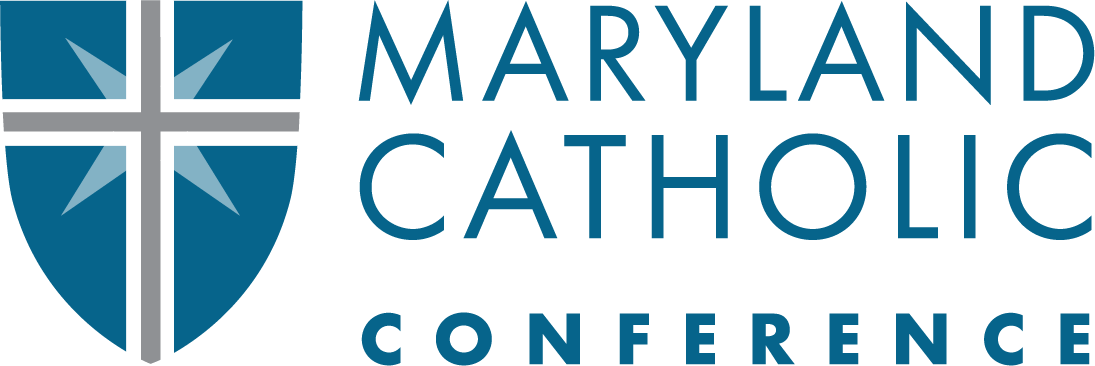Favorable with amendment
Committee: Ways & Means
SB 1058
The Maryland Catholic Conference offers this testimony in support of House Bill 1058, with amendments. We offer this testimony on behalf of the families of approximately 50,000 students served by more than 150 PreK-12 Catholic schools in Maryland. The Catholic Conference is the public policy representative of the three (arch)dioceses serving Maryland, which together encompass over one million Marylanders. Statewide, their parishes, schools, hospitals and numerous charities combine to form our state’s second largest social service provider network, behind only our state government.
Senate Bill 1058 would require the State Department of Education for develop guidelines on instructional content on the Holocaust and other historical contexts that have led to contemporary racism and prejudice. It must be is age-appropriate, interdisciplinary and consistent with the applicable grade level instruction. Based on the amendments, nonpublic schools that participate in state-funded education programs would be required to include this instructional curriculum only if they hold a Certificate of Approval through the State Department of Education, as opposed to being a “church exempt”, operated by the bona fide church organization.
The rationale behind this amendment likely presumes that nonpublic schools holding a Certificate of Approval church exempt schools are not operated by a bona fide church organization, which is not the case. A significant number, if not a majority, are in fact operated or affiliated by a church organization. (See MSDE Nonpublic School Approval Branch)
Thus, we respectfully urge this committee to AMEND this legislation to reflect that all nonpublic schools are “encouraged” to include the curriculum, as reflected on page 9, line 12 (Section (B)(2)) pertaining to the church exempt schools, whether the schools hold a Certificate of Approval or are church exempt. Alternatively, nonpublic schools could be removed entirely from the legislation, as curriculum upon them should never be mandated or dictate by the state.
The Conference appreciates the end goal of this legislation. Teaching about the horrors and historical atrocities of the Holocaust and racism is indubitably important. However, what makes nonpublic schools unique is their instructional autonomy. Catholic schools teach units on racism and the Holocaust in their own dedicated way. Accordingly, we respectfully request that the state not dictate their particular curriculum as independent schools.
While an unintended consequence, this bill may do a disservice to both students and the important subject matter that this bill intends to promote. If nonpublic schools have a stronger or more robust curriculum or teaching on the subject matter of this bill, including but not limited to supplemental projects and the like, the state’s dictation of curriculum may weaken that. At best, an amendment allowing nonpublic schools flexibility through substantial equivalency with the state guidelines would be a second option. For example, should the state dictate to a Jewish day school what they should teach about the Holocaust?
Nonpublic schools are approved and/or licensed by the State Department of Education and meet all institutional requirements placed on them by law. However, Maryland law regards nonpublic school curriculum as independent of that of our public schools for numerous reasons and this bill mandates particular curriculum on certain nonpublic schools.
To the extent that curriculum is more than encouraged, but is rather mandated, on nonpublic schools in the state, we respectfully disagree. As most nonpublic schools do already teach about the holocaust in their own way, oftentimes even more comprehensively, we ask that they continue to be given the autonomy to do so.
Amendment to Senate Bill 1058
Amendment No. 1
On reprint Page 9, line 5, strike: “and all nonpublic schools in the State that hold a Certificate of Approval issued by the State Board of Education under § 2–206 of the Education Article”
And on line 10, strike: “A nonpublic school that is operated by a registered bona fide church organization or that has not been approved by the State Board under § 2–206 of the Education Article, is” and insert: “NONPUBLIC SCHOOLS ARE”
